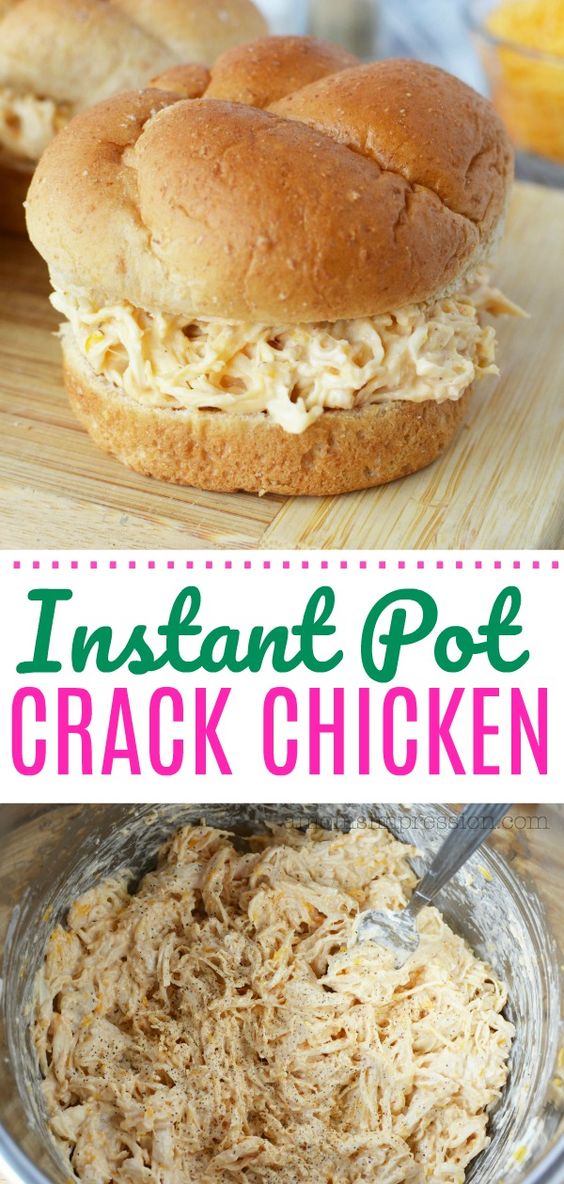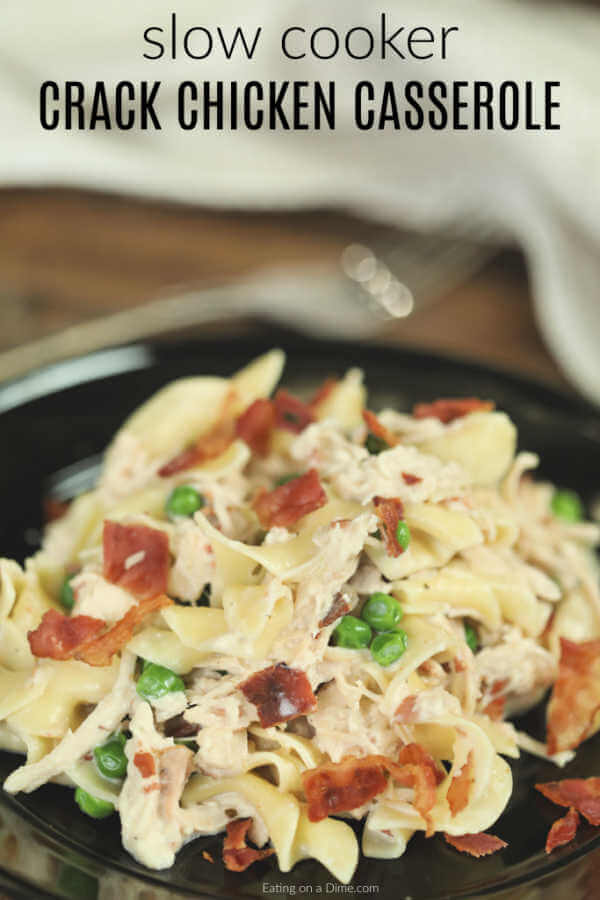Rescue Your Chickens Crack
To everyone in florida that is close to Tampa. I found a rescue that i have been in contact with that rescues ducks, chickens, and many other birds and live stock. If anyone is considering getting ducks please let me know if you want to rescue and i will direct you to their website. You may need to crack the egg in areas to remove itdo this as gently as possible. Using your fingers or tweezers, slowly begin to detach the moistened membrane from the chick. If removing the shell becomes difficult at any point, this may mean that the membrane is not wet enough to continue. Return to step 2.
[brid autoplay=”true” video=”453660″ player=”19074″ title=”Diatomaceous Earth & Chickens” description=”Been hearing the buzz about diatomaceous earth and it’s health benefits for chickens but not sure what the excitement is about? Here’s how to use diatomaceous earth in your coop and why it keeps chickens healthy.” duration=”417″ uploaddate=”2019-08-21 17:18:33″ thumbnailurl=”//cdn.brid.tv/live/partners/14575/thumb/453660_t_1566407583.png”]
What is diatomaceous earth? And what’s the benefits to chickens?
No worries. I had no clue either.
We started using DE on our farm a while ago, and haven’t looked back since. We had a number of Cornish Cross chickens which had gotten so large they couldn’t clean themselves very well any more.
But they liked to roll!
To help them keep bug free, we started offering boxes of diatomaceous earth with regular sand dirt for them to use. And it was a hit!
The other chickens LOVED it, and the amount of mites and lice on them began to reduce. So we were sold.
You can find diatomaceous earth in any feed store. If you want to purchase it over Amazon, here’s a great option:
But what is this stuff anyway?
Diatomaceous earth is the crushed shells of diatoms (aquatic alge) that have fossilized into substrate in aquatic sites.
Those sites are mined, and boom! Powdered diatomaceous earth is born (okay, that’s a very quick boom, but I’m not going to bore you with details.)
The upshot is that diatomaceous earth is mostly silica, clay minerals, and iron oxide – all good, natural stuff.
Image from Wikipedia
It’s also great to use in your soil since it kills soft-body insects by eliminating necessary oils from their body, causing the bugs to dry out.
Yup, kind of gross, but good for your chickens.
Food grade vs. non-food grade diatomaceous earth
First things first. If you want to offer diatomaceous earth to your chickens, you need to make sure it’s FOOD GRADE diatomaceous earth.
Here’s the deal:
That little food grade label means it’s safe for anyone, even people, to eat. Without that stamp, you’re taking a chance.
Chickens that bathe in diatomaceous earth will likely try tasting it too. As long as you offer food grade diatomaceous earth to your chickens, it’s okay if they eat it.
It’s unclear whether chickens derive any health benefits from eating it, but at the worst, it’ll do nothing.
Ok, so what good is diatomaceous earth?

Great question. There’s a couple answers.Diatomaceous earth is proven to be effective in controlling external parasites on your chickens, such as mites, fleas, lice and other external parasites that might infest near feather follicles or your hen’s vent.
A good place to look for mites is around your chicken’s vent.
In a study performed by the University of California Riverside, chickens that rolled in a dust bath of sand and diatomaceous earth showed a huge reduction in the amount of external parasites after just a week – pretty powerful stuff.If you have chickens that aren’t laying as well, it might possibly be caused by mites. If your chickens have to fight of an infestation, they have less energy for egg production.
So what’s the bad news?
As great as it is for external parasites like mites, diatomaceous earth has spotty results when it comes to internal parasites.
One study performed in Vancouver showed that diatomaceous earth is effective in controlling internal parasites, and the chickens were heavier and laid more eggs when fed diatomaceous earth.
However, studies in the US have been largely unsuccessful.
That doesn’t mean it doesn’t work, just that some studies show it works while other studies show diatomaceous earth does nothing to reduce internal parasites (like worms) in chickens. Oo for mac.
It’s inconclusive.
The bottom line?

I would venture to say we really don’t know how effective diatomaceous earth is when it comes to internal parasites.
But here’s the thing:
We know it isn’t likely to do anything bad, and the bottom line is that if your chickens are bathing it it, chances are they’ll sample it too. They’re curious creatures like that.
So, whether it’s effective or not, they’re likely getting it anyway.
How to use diatomaceous earth
Making a diatomaceous earth box
The easiest way to incorporate DE into your coop is by offering a dust box loaded with a diatomaceous earth/sand or dirt mix. There’s really no formula for how much of either to offer, so I go with a 1:1 ratio.
I found when I offered a box with diatomaceous earth alone, the chickens looked at me like I’d grown a second head, and they didn’t use it. So, I recommend mixing it with dirt so your chickens get the idea.
I first line the box with dirt, then add the diatomaceous earth and mix slightly so the chickens get the idea that it’s not just this weird grey stuff.
If you plan to offer your DE box in a run, you will need to remove it when it rains, otherwise you’ll be left with a gloppy mess. If you offer it in the coop, then you’re golden.
Sprinkling it in dirt
Another option, if you don’t want to make a DE box is to simply sprinkle the diatomaceous earth in an area where your chickens already habitually roll.
Rescue Chickens For Sale
This is a good option for chickens who aren’t quite getting the idea of using a DE box or who just prefer a good roll in the dirt.
Simply sprinkle DE in their favorite roll area and let them use it at will. The diatomaceous earth will still be effective.
Offering diatomaceous earth in food
While the effects of diatomaceous earth in controlling internal parasites is inconclusive, you can still offer it to your chickens in their feed.
An added benefit is that DE is proven to control insects in livestock feed since it dries the little buggers out, and there are chicken farmers out there who mix DE with their chicken feed, especially if they buy a lot of it and store it.
Nothing is worse than feed that’s gotten infested (ask me how I know.)
Contingency Plan is an expansion for the award winning Invisible, Inc. It's available on PC, Mac and Linux. Players will be able to explore new strategies with four new agents, two new starting programs, new weapons, items, and augments. Likewise, corporations have added a variety of new threats and challenges to test players skills in a new. Invisible, inc. contingency plan for mac.
There’s no proven formula for mixing DE in their food. One good option is to simply sprinkle a dusting on their dinner and mixing before offering it to your chickens.
Viking Squad by Slick Entertainment For: PC, Mac, Playstation 4 about Slick Entertainment. Slick Entertainment is a 3 person independent game studio that focuses on fun and unique Arcade-style Game experiences. Released games: N+ (XBLA), Scrap Metal (XBLA, iOS), Shellrazer (iOS, Android).  Explore the NFL Minnesota Vikings player roster for the current football season. View player positions, age, height, and weight on FOXSports.com!
Explore the NFL Minnesota Vikings player roster for the current football season. View player positions, age, height, and weight on FOXSports.com!
The advantage to mixing the DE into the feed is the diatomaceous earth will cling to the feed (whether you feed a grain, scraps, corn, etc.) and your chickens are more likely to get it into their system than if you simply sprinkle it on top.
Rescue Your Chickens Cracking
You can also offer it separately. Remember, also, your chickens will likely sample it as they roll in it, but if you want more control over the amount of diatomaceous earth they consume, mixing it into their feed is a great option.
If you use my homemade organic chicken feed recipe, another option is to sprinkle it on the fodder. It will stick to the wheat (or barley) sprouts and your chickens can eat it that way.
The effects of diatomaceous earth are still being studied, but with the mounting evidence that it’s effective in controlling mites, lice, and other external bugs, it’s something you should try in your own coop!
I’d love to hear from you!
Do you think you’ll give diatomaceous earth a shot? Let me know by email or leave a comment below!
References:
“Housing and dustbathing effects on northern fowl mites (Ornithonyssus sylviarum) and chicken body lice (Menacanthus stramineus) on hens.” Department of Entomology, University of California Riverside. PubMed.
“Effect of diatomaceous earth on parasite load, egg production, and egg quality of free-range organic laying hens.” Avian Research Centre, Faculty of Land and Food Systems, University of British Columbia. PubMed.
https://plus.google.com/+MaatvanUitert/posts/b9TKyXwoGnZ
Maat van Uitert is a backyard chicken and sustainable living expert. She is also the author of Chickens: Naturally Raising A Sustainable Flock, which was a best seller in it’s Amazon category. Maat has been featured on NBC, CBS, AOL Finance, Community Chickens, the Huffington Post, Chickens magazine, Backyard Poultry, and Countryside Magazine. She lives on her farm in Southeast Missouri with her husband, two children, and about a million chickens and ducks. You can follow Maat on Facebook here and Instagram here.
| |||||||||||||||||||||||||||||
FREE SHIPPING ON ORDERS OF $40.00 or MORE!*
Subscribe to our newsletter Get Discounts and Recipes